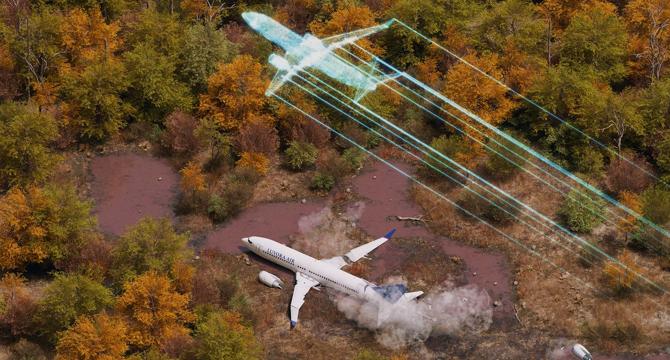Wired
1M
130

Image Credit: Wired
A GPS Blackout Would Shut Down the World
- A GPS blackout would result in chaos with traffic jams, accidents, and disruptions to critical systems like financial transactions and energy production.
- The loss of GPS timing signals could lead to cell phone connection failures and stock market disruptions, impacting global movement of people and data.
- The US, heavily reliant on GPS, lags behind in building resilient backup systems compared to countries like China with BeiDou.
- Potential causes of a total GPS blackout include anti-satellite weapons, geomagnetic storms, or electronic warfare escalation.
- While a total outage is improbable, regional GPS disruptions due to jamming and spoofing are common, affecting aviation safety.
- Global Navigation Satellite Systems like GPS, Galileo, GLONASS, and BeiDou face increasing attacks, with concerns raised over aviation safety.
- Efforts to enhance PNT systems and reduce GPS vulnerabilities are crucial, as US infrastructure heavily relies on GPS for crucial functions.
- Calls for modernizing PNT systems and identifying GPS alternatives are growing to strengthen resilience and backup capabilities.
- Upgrades to GPS system, integration of authentication mechanisms, and development of new navigation technologies are underway to combat threats.
- Government cooperation, investment in system upgrades, and industry efforts are essential to mitigate the risks posed by GPS disruptions.
Read Full Article
7 Likes
For uninterrupted reading, download the app